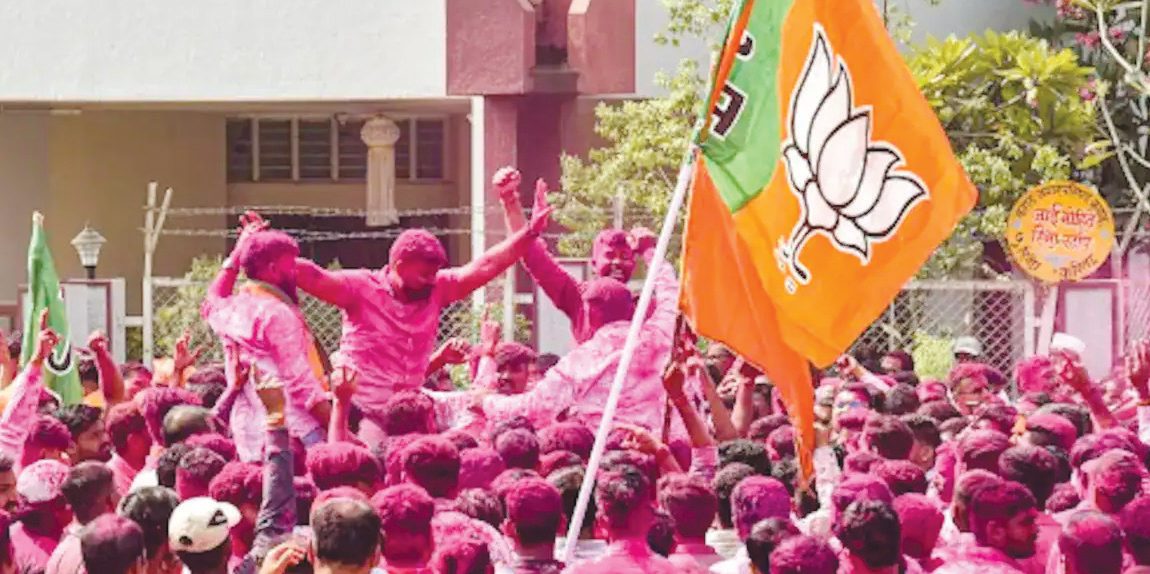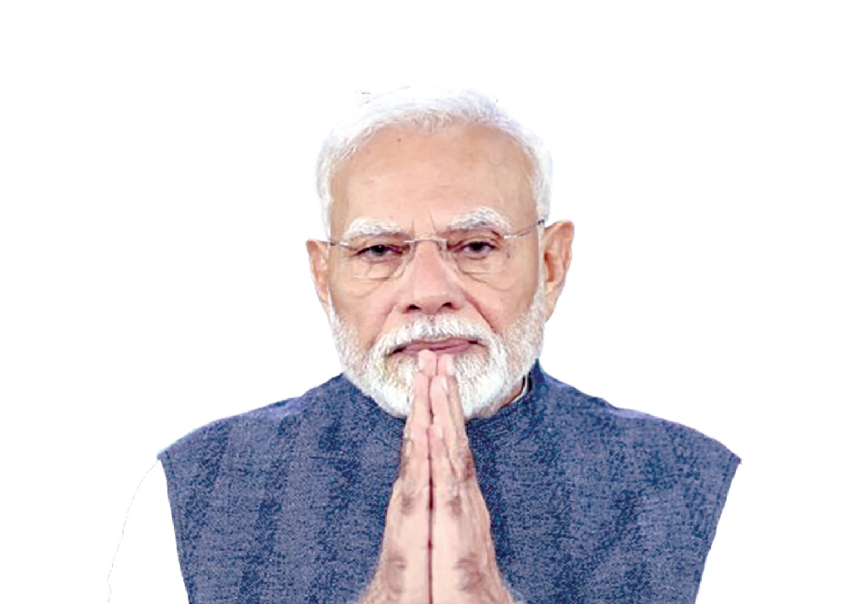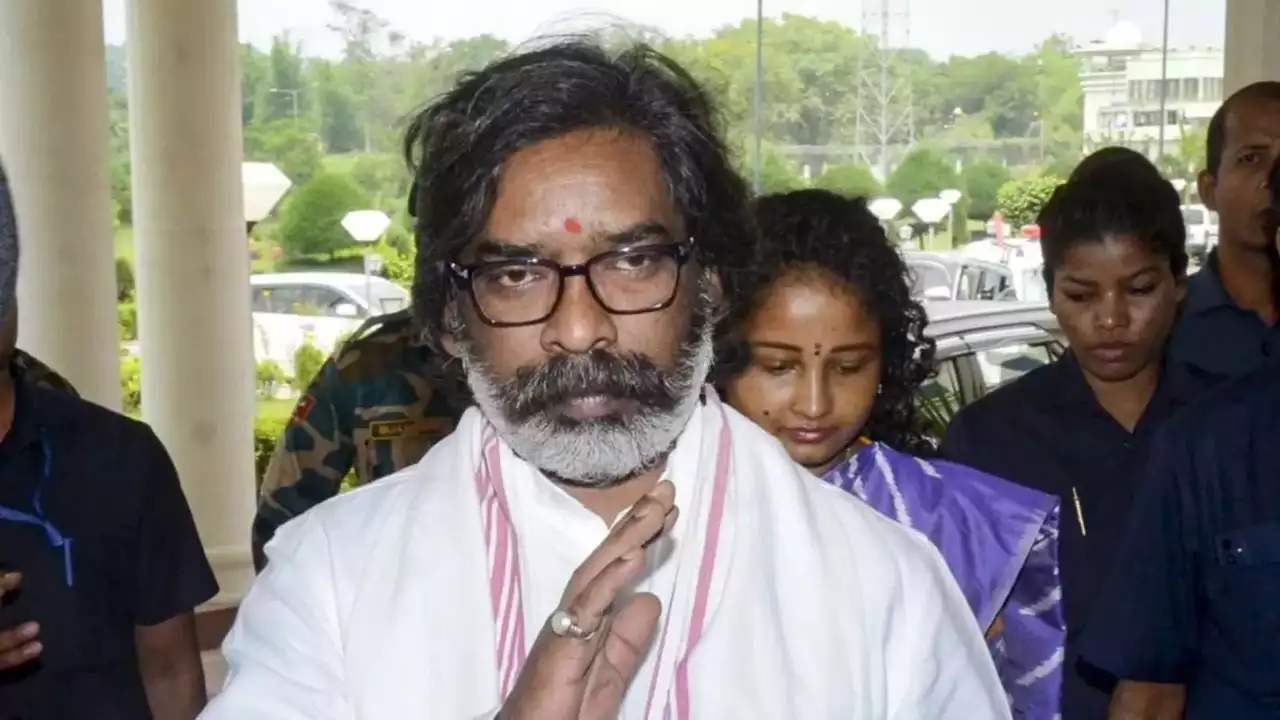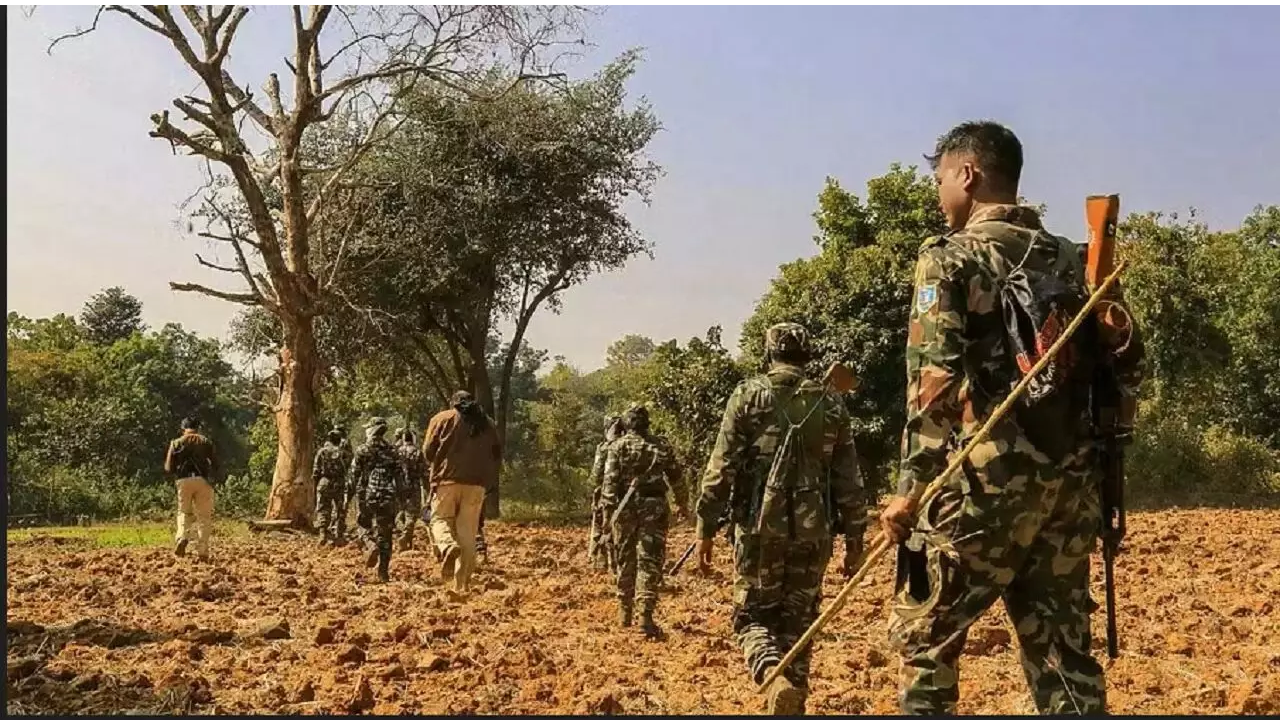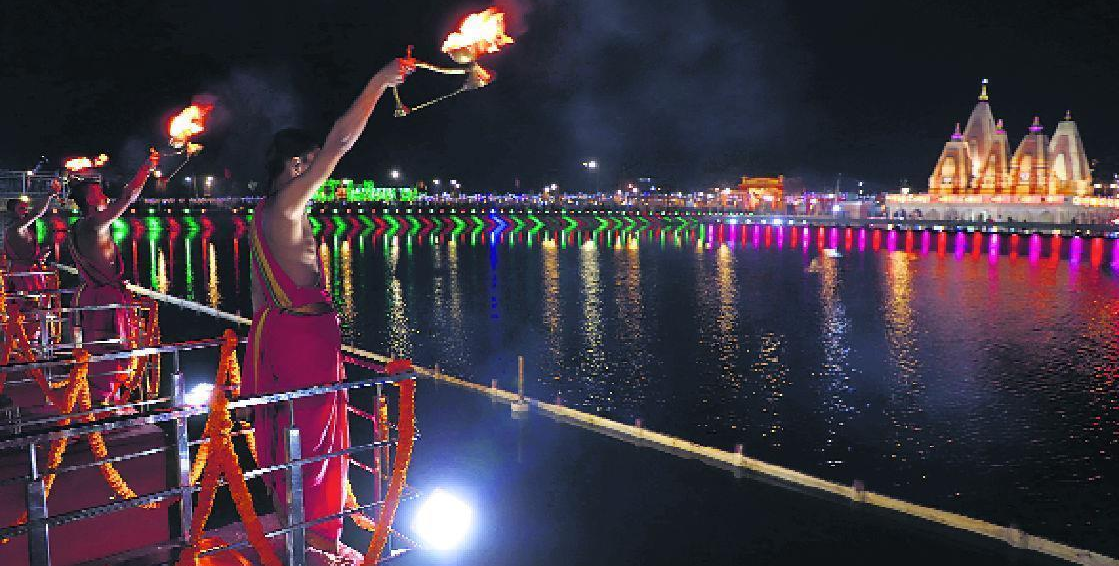.jpeg)
Echoes of violence: Dalit lives at the mercy of brutality in UP
The recent massacre of a Dalit fami ly in Sudhampur, Ut tar Pradesh, has sent shockwaves through the nation, exposing a grim reality that demands urgent attention. Sunil Kumar, a 35-year-old school teacher, his wife Poonam, and their two young children were brutally shot in their home, a tragedy that encapsulates the growing violence against marginalized communities in India. This incident is not an isolated occurrence; rather, it highlights the systemic issues of castebased discrimination and violence that plague the country, particularly in states governed by the Bharatiya Janata Party (BJP).
Gruesome revenge: On September 30, the Kumar family became victims of a heinous crime, allegedly committed by Chandan Verma, who sought revenge af ter Poonam filed a police complaint against him for harassment. Despite her repeated expressions of fear for her family’s safety, the authorities failed to protect them. The chilling reality is that Poonam’s fears were not unfounded; she had even received threats through WhatsApp prior to the tragedy. This incident raises critical questions about the effectiveness of law enforcement and the protective mechanisms in place for vulnerable communities.
Nationwide crisis: The Sudhampur incident is part of a larger pattern of violence against Dalits in Uttar Pradesh, a state that has the highest rate of atrocit ies against Scheduled Castes in India. According to a recent report from the Ministry of Social Justice and Empowerment, Uttar Pradesh accounted for 23.78 percent of all cases under the Scheduled Castes and Scheduled Tribes (Prevention of Atrocities) Act in 2022, with over 12,000 reported incidents. This staggering figure underscores the urgent need for systemic reform and accountability within the justice system. The situation is further exacerbated by the fact that many cases against perpetrators are either delayed or dismissed, leaving victims without recourse. For instance, there are over 17,000 cases of violence against Scheduled Castes pending at the end of 2022. The lack of special courts— only 194 exist across 498 di stricts—il lustrates a severe gap in legal protections for Dalits, raising concerns about the commitment of the government to uphold their rights.
Oppression agenda: The environment of viole nce and discrimination is not limited to Dalits alone; it extends to other marginalized groups, including Muslims. Reports indicate that the BJP-led government has fostered an atmosphere where hatred and violence are systematically directed towards minority communities. The recent deaths of two Dalit girls in Farrukhabad further amplify the urgency of addressing the systemic issues at play. The BJP came to power in 2014 with promises to alleviate the plight of Dalits and empower them through education and economic opportunities.
However, the reality reveals a stark contrast: rather than empowerment, many Dalits continue to face violence and degradation in their daily lives. The failure of the state to deliver on its promises has led to a sense of disillusionment among the very communities that the government vowed to uplift. Beyond the actions of individuals, the broader societal context plays a crucial role in perpetuating violence against Dalits. The indifference of witnesses during violent incidents, such as the daylight murder of Kamlesh in Badaun, reflects a disturbing normalization of brutality. The complicit silence of society allows such atrocities to continue unchecked, highlighting the need for a cultural shift towards accountability and justice. Furthermore, the legal system’s shortcomings—such as the insufficient number of special police stations and courts—underscore the negligence of both state and central governments. The promise of a just and equitable society remains unfulfilled, leaving marginalized communities to fend for themselves in a hostile environment.
A call to action: The Sudhampur massacre is a grim reminder of the urgent need for reform and advocacy for Dalit rights in India. It calls for immediate action from the government to strengthen legal protections, expedite justice, and ensure accountability for perpetrators of violence. Civil society must also play an active role in raising awareness and advocating for the rights of marginalised communities. The ongoing atrocities against Dalits reflect a systemic failure that cannot be ignored. As India grapples with its identity and values, it must confront these uncomfortable truths and work towards a society where every individual, regardless of caste or religion, is treated with dignity and respect. The fight for justice and equality must continue, for the sake of the victims and for the future of a truly inclusive India.
 English daily published in Bengaluru & Doha
English daily published in Bengaluru & Doha

